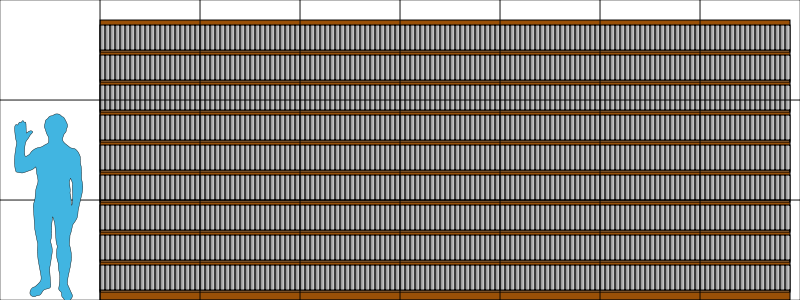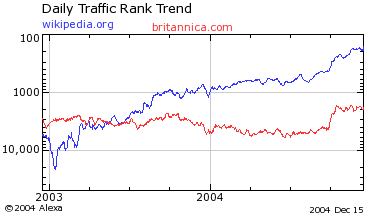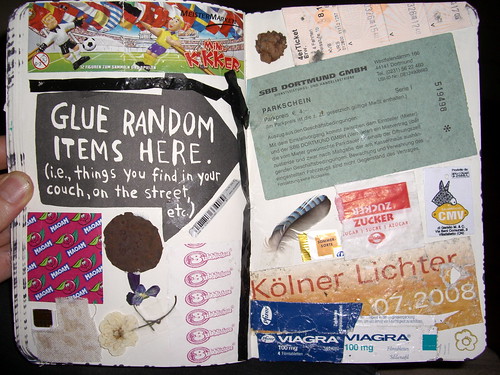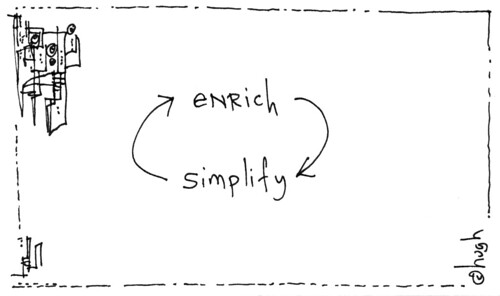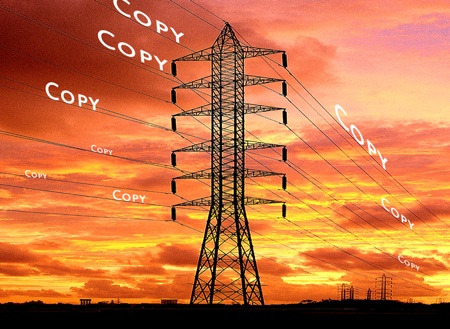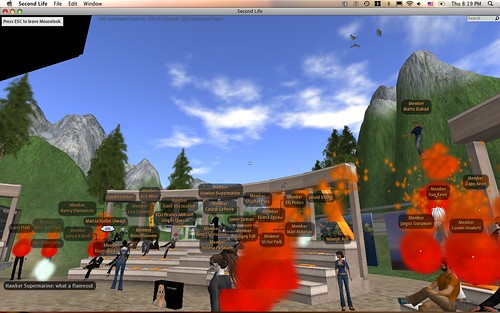Open Up
http://blogs.ubc.ca/open/open-up/
Brian's blog: http://blogs.ubc.ca/brian
The case for open education could be summed up as "what works on the web"...
Using volumes 25cm high and 5cm thick (some 400 pages), each page having two columns, each columns having 80 rows, and each row having 50 characters, ≈ 6MB per volume. As English Wikipedia has around 7.5GB of text (August 2007, length of wikitext counted by myself) ≈ 1250 volumes. Note that this is a conservative estimate, as it doesn't include images, tables etc. which take up more surface than the text which describes them.
UBC case study: Adventures in Wikipedia
- Murder, Madness, and Mayhem Project Page - the work of UBC Professor Jon Beasley-Murray, (Wikipedia Page, Blog)
- Article: El Señor Presidente
- The FA Team
Why does this work appeal so much?
- fast, cheap, and out of control...
- augments traditional literacy with new media literacy
- results in genuinely useful public knowledge resources (perhaps the essence of open education resources)
- students will respond to tasks that are authentic
See also: the The UBC Medical Journal - student publication of the Faculty of Medicine
Participation...
"...we will routinely prefer a shareable amateur source to a professional source that requires us to keep the content a secret on pain of lawsuit. (Wikipedia's historical advantage over Britannica in one sentence.)" -- Clay Shirky
There's this photo...
What are the ingredients of open education?
Finding it
- Or UBC's Tony Dorcey
Knowing you can use it
Open licensing
- Creative Commons
- on Flickr
- via Google Advanced Search (usage rights)
Being able to do stuff with it
Open and remixable formats
- WikiEducator or The ETEC510 Design Wiki
- The difference between a proprietary streaming audio file and a podcast.
- Can engender spontaneous connections and enhancements on the network.
The cost of sharing
 Image by procsilas
Image by procsilas
"The 'cost' of sharing has collapsed... If I come across something I share it via Google shared items, Twitter, my blog, etc. If I want to share I stick it up on Slideshare, my blog, YouTube. There is a small cost in terms of effort to me to do the sharing, and zero cost in anyone wanting to know what I share. Sharing is just an RSS feed away. - Martin Weller
- Blogs as content management system: OLT Website, Celebrate Learning, Digital Tattoo
- Community sites: Blog Squad, LEAP
- Portfolio: Michelle Chua
- Photos/Images: superNova K
- Portal: North of the Rio Grande, Survey of Spanish-American Literature to the 1820s - each contributing blog is on the student's choice of platform. (Note, these courses are led by Jon Beasley-Murray, the same prof behind the Murder, Madness and Mayhem Wikipedia authoring project.)
- UMWBlogs - "Two years worth of iteration and development given to Longwood in less than an hour."
- Recent case, in which an aggregated OER search engine was built for free by people who have never met. Became Free Learning OER Portal
- Adapted for UBC
- Targeted for UN Habitat Exchange
- And how about MobileCourseDiscussions - open sharing in open formats reduces costs in environments we have not yet imagined...
- OpenCourseWareRSS as import for WordPress: Via Jim Groom
More open education goodness at UBC
- Health Sciences Online
- Habitat Exchange
- cIRcle Repository
- Student-directed seminars: Parsia and Science Fiction and the City
- Community Service Learning
- The Open Education Conference
- An ongoing Open Ed Community of practice
Development: Publish from anywhere, reproduce it anywhere (we can dream, right?)
We have embraced a model of Radical Reuse.
The essential component is RSS syndication.
- LEAP Embed Code via JSON: Original Page, Reproduced
- OpenCourseWareRSS as import for WordPress: Via Jim Groom
- Wiki Ink WordPress Plugin: So wiki maintained pages here can be represented here. D'Arcy Norman has done a screencast demo.
THE REVOLUTION WILL BE SYNDICATED
The urgency
Costs of the existing model

Is it time for open textbooks?
- We've seen meltdowns in music, book and newspaper publishing, and major upheaval in TV and filmmaking. "Broadband eats everything."
- Link by Link - Don't Buy That Textbook, Download It Free: "This market is not working very well — except for the shareholders in the textbook publishers," he said. "We have lots of knowledge, but we are not getting it out."
- Let's think about Wikipedia (again) in comparison to Britannica, about YouTube (or Ted Talks), about the flood of open educational materials being released into the world, fledgling freelance professors, and learning parties.
"When copies are super abundant, they become worthless."
"When copies are super abundant, stuff which can't be copied becomes scarce and valuable."
-- Kevin Kelly, Better than Free
"Embracing the social means embracing the abundant - and emphasizing instead the way an organization might actually help people on the periphery generate value for themselves."
-- Douglas Rushkoff, Real social
"If you blow your works into the net like a dandelion clock on the breeze, the net itself will take care of the copying costs."
-- Cory Doctorow, Think Like a Dandelion
- Connectivism & Connective Knowledge - 1900 students (+)... New genre, massive open online courses (MOOCs)
"The first problem is that there is no money, especially these days. The second problem is that universities are not terribly popular with the public, who tend to see them as a nest of richly subsidized tenured radicals who are overpaid and underworked. (Unfair, but not entirely.) Taxpayers are only willing to subsidize universities to the extent they believe they contribute to the national wealth." - Globe and Mail Columnist Margaret Wente
- What sort of university would the public support?
|
|
